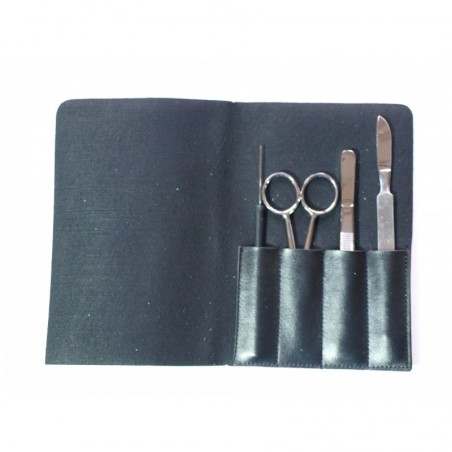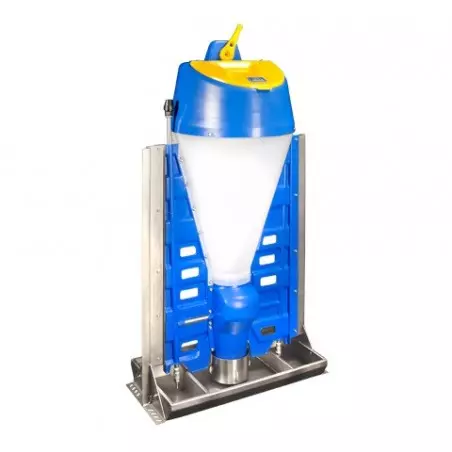Many dietary strategies have been suggested to prevent or alleviate poor growth performance in weaning piglets, associated with an impaired intestinal barrier. Among them, arginine has been reported to play an important role in intestinal immunity and barrier function by stimulating protein synthesis and reducing transepithelial permeability, thus improving intestinal absorptive area. Therefore, the aim of this study is to determine if supplementing additional arginine either in the water or in the feed, and the combinations thereof, improved intestinal integrity and growth performance in nursery pigs. For that purpose, two hundred and forty newly weaned pigs were used. Each of the 80 pens contained three pigs (21 ± 2 days of age) which were randomly allotted to four water treatments (0%, 4%, 8%, and 12% arginine stock delivered through a 1:128 medication delivery system) in combination with three dietary arginine treatments (1.35%, 1.55%, and 1.75% standardized ileal digestible arginine; SID). Eighty pigs, 1 pig/pen, were euthanized at day 6 for ileum evaluation of villus height and crypt depth. The remaining pigs were taken off the arginine-water treatment and fed phase-2 diets formulated to contain 1.35%, 1.55%, and 1.75% SID arginine. All pigs received a common diet from day 20 to day 41.
As a result, no interaction between water- and dietary-arginine was detected on nursery pig growth performance. There was a significant quadratic effect of SID arginine in the feed on pig final body weight, average daily gain, average feed intake, and feed efficiency, where feeding 1.55% dietary arginine tended to improve growth performance compared to the 1.35% level for the 41 day of the trial. The use of the stock 8% arginine in the water resulted in a reduction in crypt depth and an improvement in intestinal permeability. The 4% oral arginine significantly reduced villous height:crypt depth ratio.

In conclusion, the feeding of 1.55% arginine resulted in an improvement in nursery pig average daily gain, feed intake, feed efficiency, and final body weight but did not alter intestinal villi morphology. However, the use of arginine in the water resulted in an improvement in intestinal villi, but no phenotypical change in piglet growth in the nursery.
Greiner L, Humphrey D, Kerr B, Becker S, Breuer S, Hagen C, Elefson S, Haydon K. Water-and Feed-Based Arginine Impacts on Gut Integrity in Weanling Pigs. Translational Animal Science. 2023; txad059. https://doi.org/10.1093/tas/txad059







